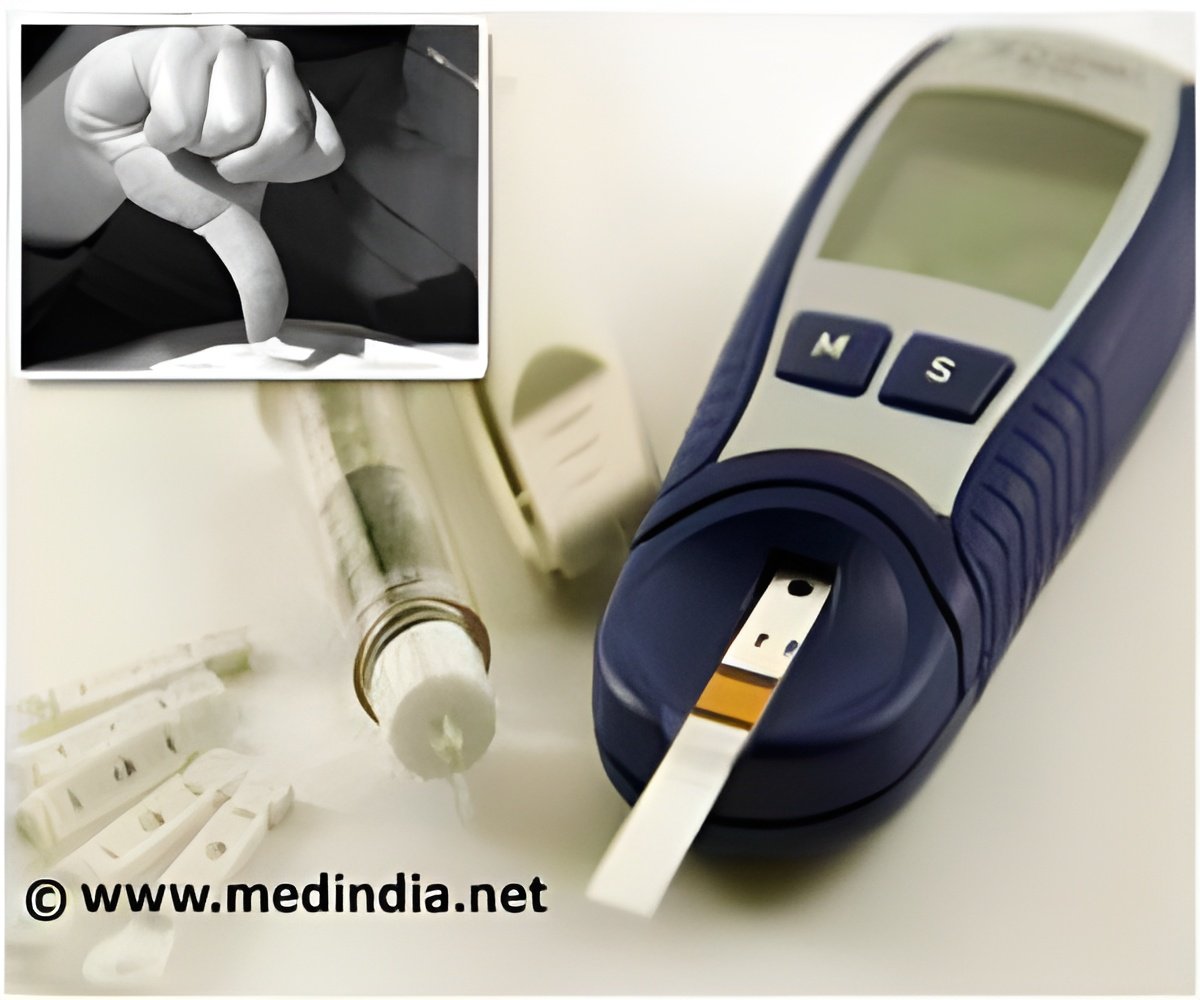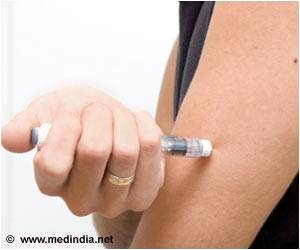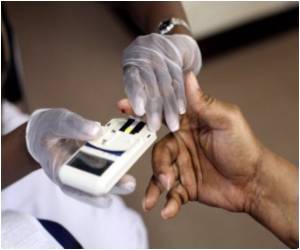In a recent large clinical trial, treatment with GAD65 autoantigen failed to slow progression of disease in patients with type 1 diabetes.

Glutamic acid decarboxylase (GAD) is an enzyme responsible for the production of a nerve chemical called GABA. It is present in the brain as well as the beta cells of the pancreas. It exists in two forms, GAD67 and GAD65.
Antibodies against GAD have been observed in type 1 diabetes patients. Thus, it has been suggested that the antibodies react against GAD in type 1 diabetes. This is thought to be one of the mechanisms that lead to destruction of the pancreatic beta cells.
Based on this assumption, researchers are trying out treatment with GAD autoantigens with the hope that they may interfere with the autoimmune process and prevent further damage to the pancreas.
A study from the New England Journal of Medicine evaluated whether alum-formulated GAD65 (GAD-alum) could prevent further damage to the pancreatic beta cells and permit preservation of some pancreatic function in patients with newly diagnosed type 1 diabetes. GAD-alum is a recombinant human GAD in a standard vaccine formulation with alum. The study was conducted on 334 patients between the ages of 10 and 20 years within three months of diagnosis of type 1 diabetes. The patients received either four doses of GAD-alum, two doses of GAD-alum followed by two doses of placebo, or four doses of placebo.
The study found that insulin secretion declined at a similar rate in all the individuals included in the study at the end of 15 months irrespective of whether they received GAD-alum or not. Parameters like glycated hemoglobin levels and mean daily dose of insulin were also not altered by the treatment. The adverse effects were not significantly different in the two groups.
Reference:
Source-Medindia















